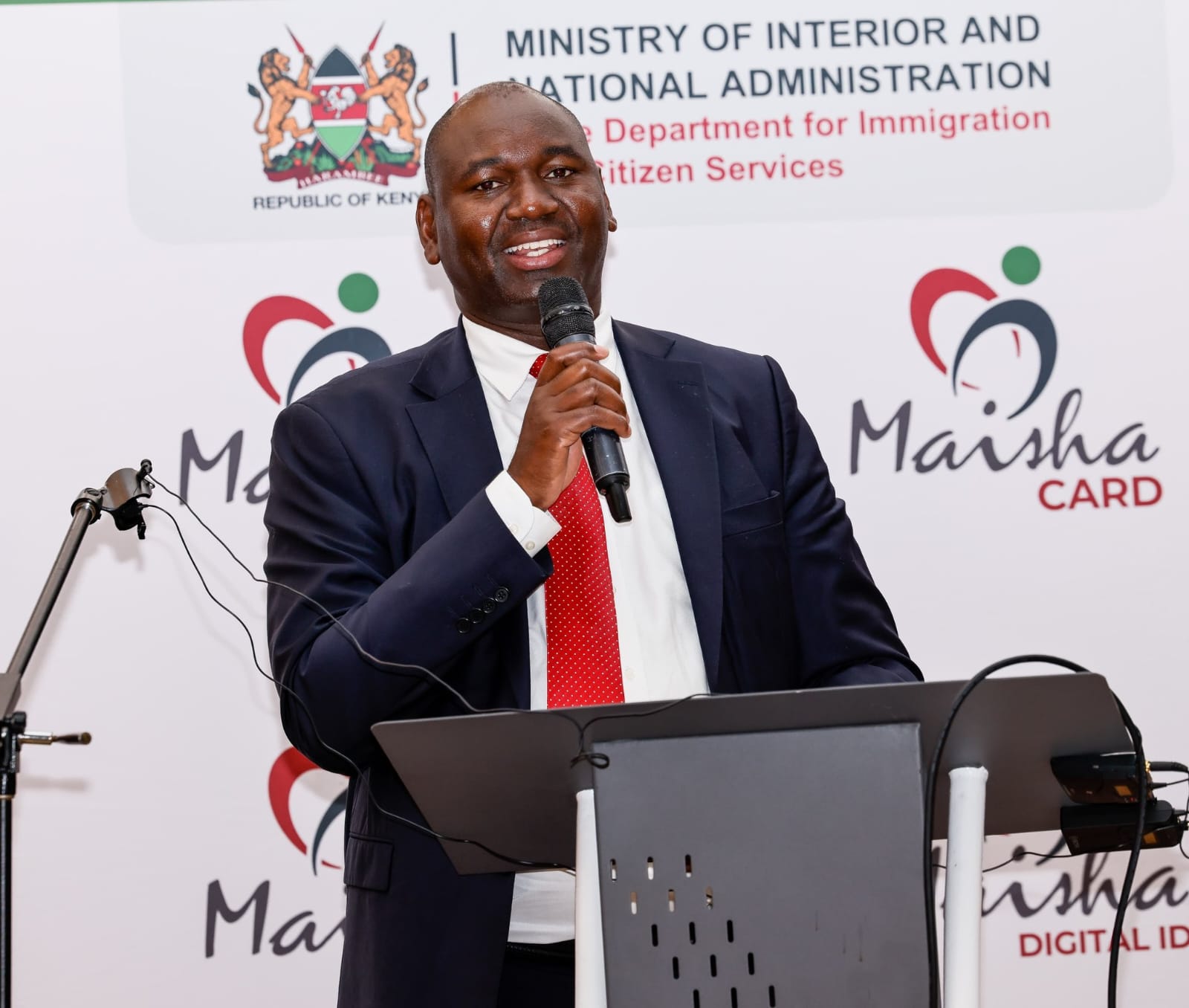The State Department for Immigration and Citizen Services has announced transformative improvements in issuing passports, identity cards, and vital registration documents, aimed at enhancing accessibility and efficiency for Kenyans locally and abroad.
Speaking before the National Assembly Public Accounts Committee (PAC) on Monday, Principal Secretary for Immigration and Citizen Services Prof. Julius Bitok highlighted key milestones achieved under the government’s reform agenda. Passport processing times have been reduced from three months to just seven days, thanks to acquiring two new printers with a production capacity of 10,000 passports daily and expanding application counters at Nyayo House from 14 to 40.
The department resolved booklet shortages by increasing annual acquisitions from 300,000 to 1 million, ensuring sufficient supply until the end of next year. To streamline services further, the northern wing of Nyayo House is now designated for applications, while the southern wing handles collections. Emergency cases now benefit from expedited services, with passports delivered within 24 hours, reflecting a commitment to citizen-centred service delivery.
New passport offices have been established in Kericho and Bungoma counties, and plans are underway for an additional office in Machakos. Prof. Bitok affirmed the government’s commitment to ensuring every region in Kenya has a dedicated passport office, bringing services closer to the people.
Significant progress has also been made in digitizing birth and death certificate processes, reducing registration times to one week, with 90% of applications now conducted online. To ensure prompt issuance of national ID cards, particularly for students, the department has rolled out the new Maisha Card and increased ID service centres to 970, with plans to establish civil registration offices in all 290 constituencies by 2027.
Prof. Bitok emphasized efforts to strengthen data security and enhance access to civil registration services nationwide. He expressed concern over uncollected passports, with 65,000 awaiting retrieval despite reminders. Additionally, school principals are now working closely with county education directors to ensure every Form Four student receives an ID card upon completing school.
These reforms aim to address historical inefficiencies while improving service delivery for all Kenyans. They represent a significant stride toward a more streamlined, accessible, and secure framework for citizen services.





